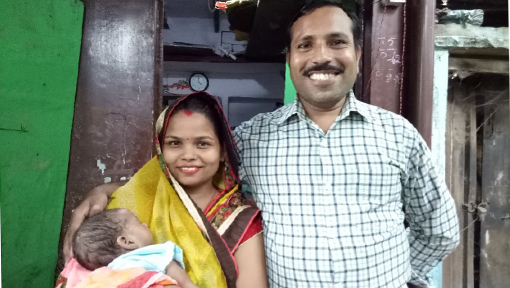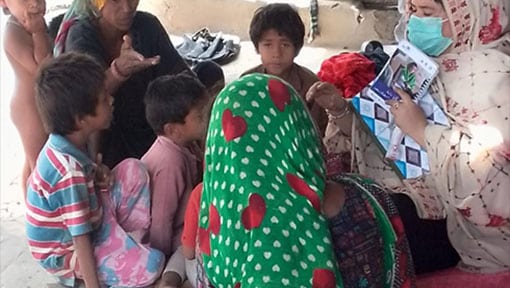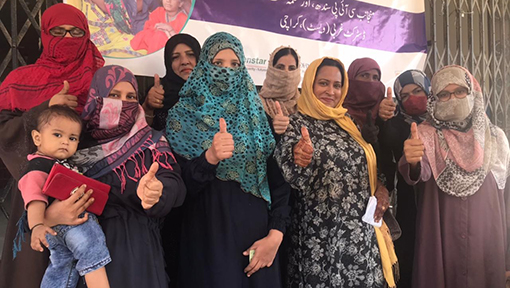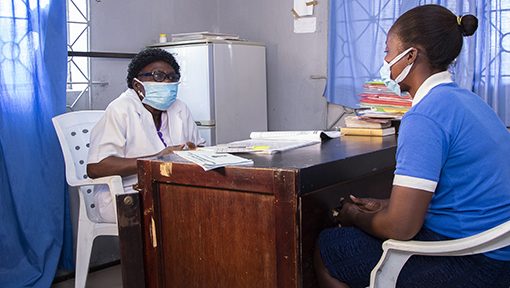TCIHC’s New Approach Focuses on Improving Contraceptive Use among First-Time Parents
Contributors: Deepti Mathur and Parul Saxena
 The Challenge Initiative for Healthy Cities (TCIHC) in India recently coached city governments in Allahabad, Firozabad, Gorakhpur, Saharanpur and Varanasi in implementing strategies that increase demand for and access to family planning services among first-time parents (FTPs) living in urban slums. The learnings from the implementation experience of these unique strategies across the five cities has now been codified and released as a new TCI high-impact approach: Priority strategies for improving contraceptive use among first-time parents.
The Challenge Initiative for Healthy Cities (TCIHC) in India recently coached city governments in Allahabad, Firozabad, Gorakhpur, Saharanpur and Varanasi in implementing strategies that increase demand for and access to family planning services among first-time parents (FTPs) living in urban slums. The learnings from the implementation experience of these unique strategies across the five cities has now been codified and released as a new TCI high-impact approach: Priority strategies for improving contraceptive use among first-time parents.
The approach provides guidance to decision-makers, program implementers and health managers on how to design and implement family planning strategies for FTPs by leveraging existing resources. TCIHC made sure that the guidance is readily understood and easy to follow by seeking feedback from government officials in three cities implementing adolescent and youth sexual and reproductive health (AYSRH). The officials included the Medical Officer In-Charge of Urban Primary Health Centers (UPHCs), the Divisional Consultant of the National Urban Health Mission and the Nodal Officer of Rashtriya Kishor Swasthya Karyakram (RKSK), the National Adolescent Health Program.
The approach provides evidence of impact and guidance on successful scale up of the various FTP strategies, which includes the following six steps:
- Making FTP data visible
- Coaching and mentoring Urban Accredited Social Health Activists (ASHAs)
- Sensitization of Influencers (family/community) on the benefits of family planning
- Whole-site orientation of UPHC staff
- Designated day for fixed-day static (FDS) marked for FTPs at UPHCs
- Inaugurate FTP activity in a new city
The approach also defines the role of implementers and community health workers to prioritize FTPs and increase provision of family planning information and quality of services for them. The approach also explains monitoring indicators and cost elements that can be used under the government’s project implementation plan (PIP) for the strategies along with sustainability considerations.
To make the approach easy to understand, the steps were illustrated in the form of an infographic, which can be printed and displayed at the health facility for reference. The strategies outlined in the approach can also be easily adapted in new urban settings so cities can implement them in a cost-efficient manner.
This is the 16th high-impact approach in the India toolkit on TCI University. Adopting this tool will help to meet the family planning needs of FTPs and strengthen the urban family planning program in India.






